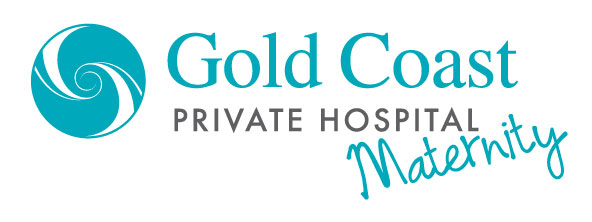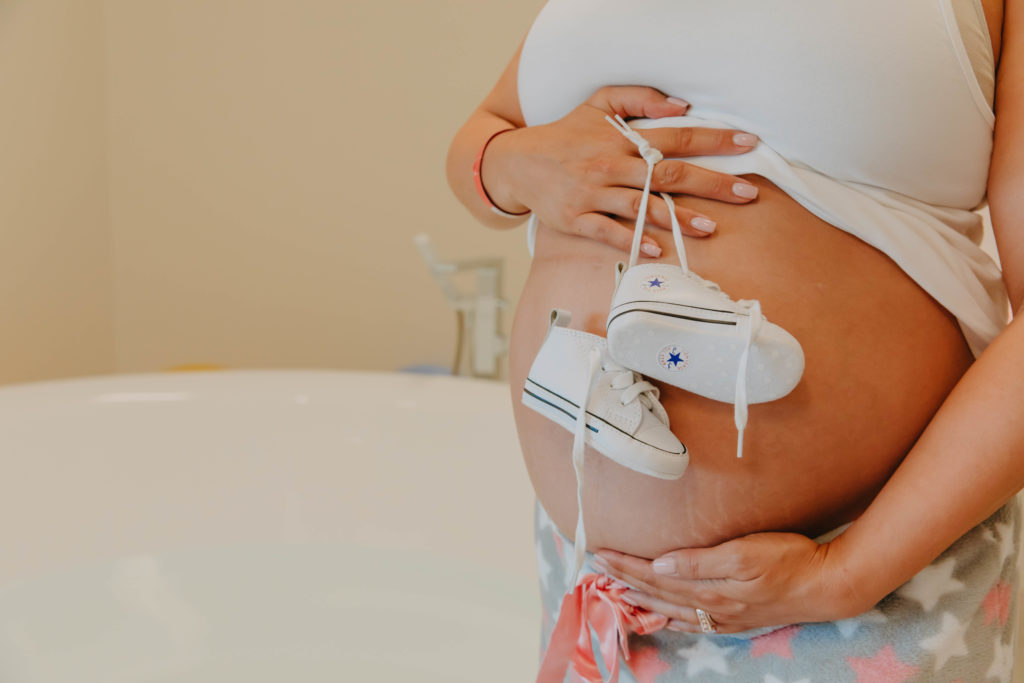For many women, finding out you are pregnant is an exciting moment but it can also be overwhelming and feel like there is a never-ending stream of information you need to know.
Here’s an overview of the major tests, scans and other important milestones you can expect during each trimester of your pregnancy.
TRIMESTER ONE – 1 to 12 weeks
Your first step should be going to see your GP. They will confirm your pregnancy and set you up with a referral to see an obstetrician.
Finding out you are pregnant comes with a lot of questions and your doctor is the best person to answer any of your concerns.
If you choose to have your baby privately, you will have your first obstetrician visit between six and 12 weeks to discuss medical history prenatal care. An ultrasound may also be conducted and if you are more than eight-weeks pregnant, you may be able to hear the baby’s heartbeat for the first time.
During your first trimester you will want to choose which hospital you want to give birth at. Take the time to visit your hospital and tour the maternity ward. Ask lots of questions so you know what to expect when you’re ready to give birth.
Trimester One Tests:
NIPT
From 10 weeks you can opt to have a Non-Invasive Prenatal Test (NIPT) which screens for some chromosomal and genetic disorders such as Downs Syndrome. This test can also determine the sex of your baby. NIPT involves a blood test and costs between $500 and $700 – none of which is covered by Medicare or your private health insurance.
Nuchal Scan
The first major scan happens at 12 weeks called the nuchal scan. It checks the growth of your baby and measures the folds at the back of the neck to determine if your baby is high or low risk of Downs Syndrome. With a referral from your GP or obstetrician, you will need to get a blood test about five days before your scan. The nuchal scan can be done in place of NIPT, or some women opt to have both.
Read our blog on Trimester One Tests and Scans for more detailed information.
TRIMESTER TWO – 13 to 26 weeks
Your second trimester is when you may begin to notice physical changes with your body, including your growing belly bump, and you may start to feel your baby move from around 16 weeks – or later, depending where your placenta is growing.
If you are having your baby at Gold Coast Private, we ask mother’s to complete their e-admission formso we can contact you and book in your first midwife appointment for around 20 weeks.
During this visit we will thoroughly go through your medical history, talk about your birthing plan and give you a tour of the ward and birthing suites, if you haven’t already had one.
We will also book you in for antenatal classes which we recommend attending at around 28 weeks.
Trimester Two Tests:
Amniocentesis
If you received a ‘high risk’ result for chromosomal or genetic abnormalities in either your NIPT or nuchal scan, you have the option to have a further test at 16 weeks called an amniocentesis. During this procedure, a sample of amniotic fluid will be taken via a needle through your stomach and tested for various conditions.
Morphology Scan
At the 18-20 week mark, a detailed ultrasound is performed to assess the development of the baby. Parents can also find out the gender during this scan.
Read our blog on Trimester Two Tests and Scans for more detailed information.
TRIMESTER THREE – 27 weeks to birth
Trimester three is a very exciting time for parents with baby only weeks away, but it is also when mums will likely feel the most uncomfortable.
Your obstetrician visits will become more frequent – we usually advise parents to visit their obstetrician every two weeks from week 32 to 36 and then weekly until birth. We also recommend attending or doing an online antenatal class at around 28 weeks.
Now is the time to make sure you are ready for when baby arrives – pack your hospital bag, have a car seat fitted and get the nursery ready.
Welcoming a new baby is exciting but can also be very busy so don’t leave those things to the last minute. If possible, have them organised at least a month before your due date so you can use those final weeks of pregnancy to rest and relax (as much as possible), before bringing your new baby into the world.
Trimester Three Tests:
Glucose Tolerance Test (GTT)
Between weeks 24 and 28 you will be tested for gestational diabetes through a glucose tolerance test. You will need to have a referral from your obstetrician and book your appointment with a pathology lab as the test takes around two hours.
Vaginal Swab
At 32-34 weeks your obstetrician will perform at low vaginal swab to check for Group B streptococcus (GBS) – a common bacteria that can pass from mother to baby during labour and lead to infection.
The Injections:
Anti D
Early in your pregnancy, your doctor would have checked your ‘Rh factor’ as part of a routine blood test. If you are in the 15 per cent of women who are Rh Negative, you will have an Anti D injection at 28 weeks and again at 36 weeks.
Whooping Cough Vaccine
Between 28 and 32 weeks, you will receive a whooping cough vaccination, even if you’ve previously had one. This is to ensure your baby is protected from the moment it is born. For women at risk of having their baby early, the whopping cough vaccine can be given as early as 20 weeks.
Influenza Vaccine
For those who fall pregnant during flu season, we recommend you get the annual flu vaccine as early as you can. Speak with your GP or Obstetrician for more details.
Read our blog on Trimester Three Tests and Scans for more detailed information.
For more information on what to expect during pregnancy download our Road Map to Pregnancy.


